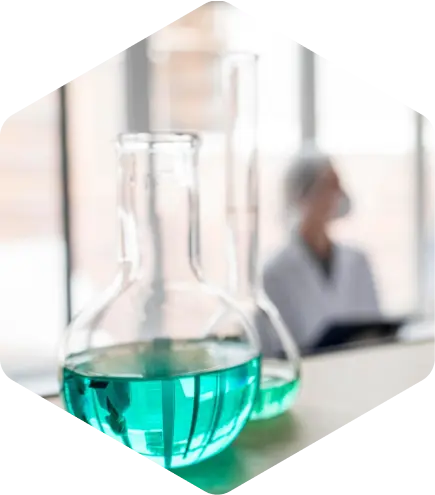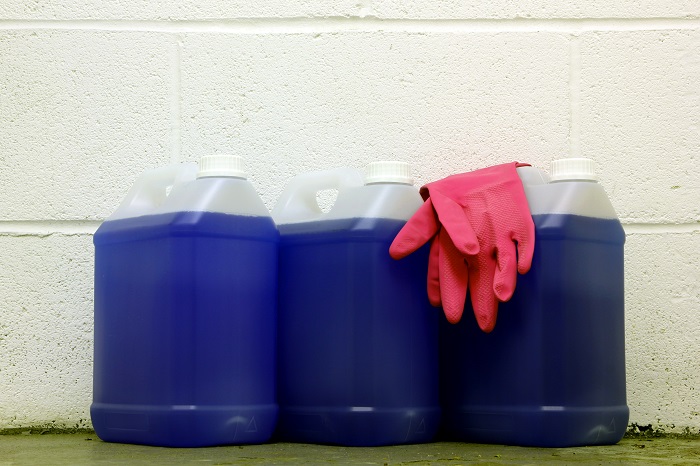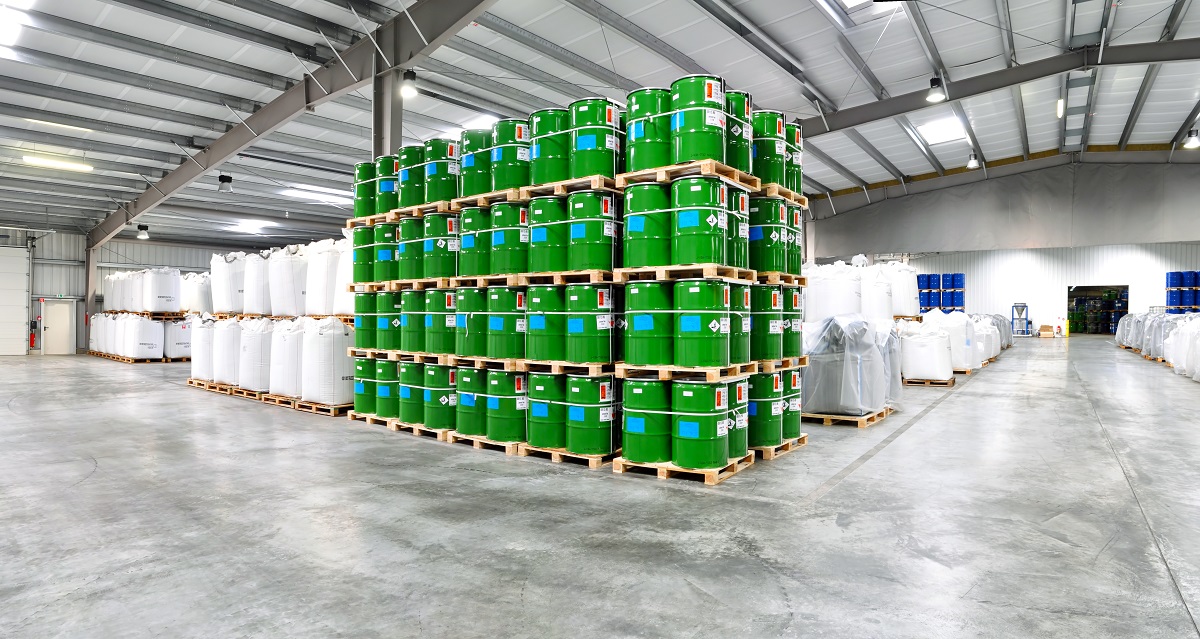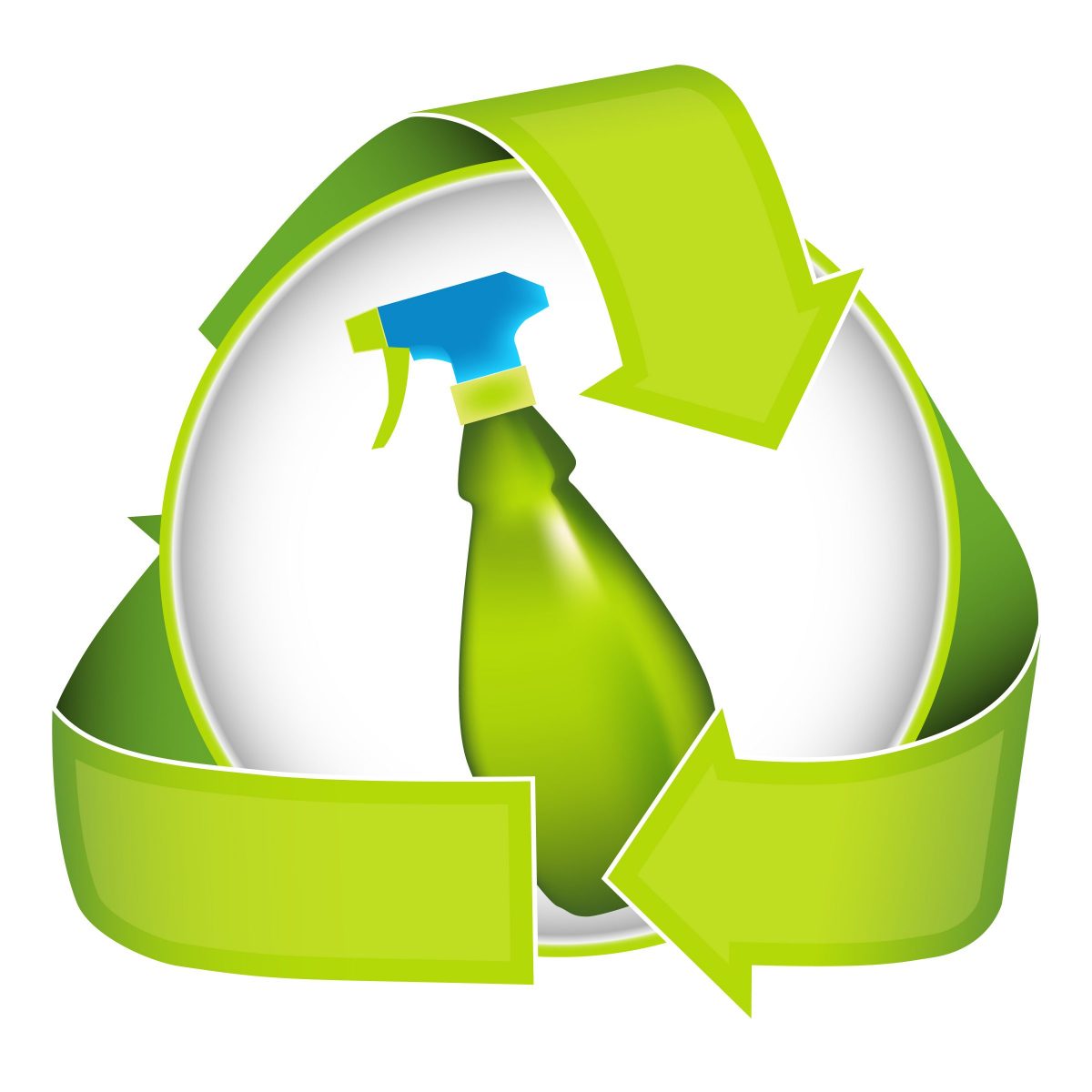Dielectric solvents are essential components in various industrial processes, especially in electrical applications. These specialized solvents have...
Blog


CHEMICAL INDUSTRY NEWS
Chemical Chat – Discover What’s New!
Types of Industrial Strength Paint Removers
Paint removers are aggressive chemicals that are used to strip various paints and coatings. They work by penetrating the layers of a coating and...
What Solvents Can Be Used as MEK Replacements?
MEK, also known as methyl ethyl ketone, is a familiar chemical to many industries, as it is relied on for a wide range of processes, such as ...
Eco-Friendly Resin Remover Replacements for BioSafe 1025
The process of resin and epoxy removal is generally tedious and may require a strong cleaning agent to speed up the...
Types of Industrial Strength Paint Removers
Paint removers are aggressive chemicals that are used to strip various paints and coatings. They work by penetrating...
Company News

Managed Services
Discover the Latest in Safe and Sustainable Chemical Solutions
Stay informed with Ecolink’s blog! Subscribe now
Chemical Management Information
Stay updated with us
Sign Up for the Latest Updates
Stay informed about chemical supply chain disruptions and emerging innovations to keep your business at the forefront of efficiency and innovation. Uncover new ways to make your business practices more sustainable by incorporating safer products into your cleaning lineup.


























